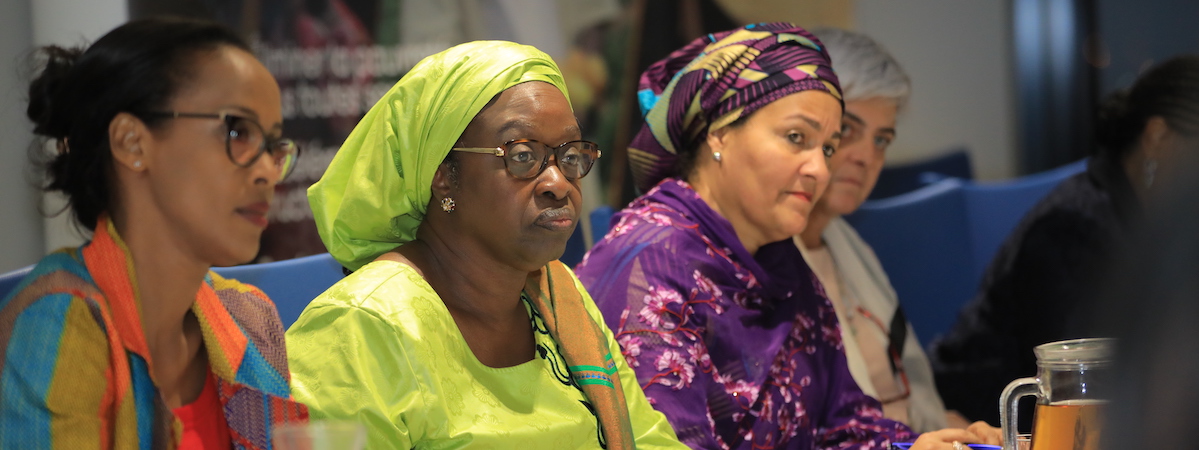
Photo:
Djibouti’s National Adaptation Plan project is designed to strengthen the country’s ability to adapt to the impacts of climate change by integrating climate adaptation into national and regional development planning. While the NAP has two core objectives—reducing climate vulnerability and mainstreaming climate change adaptation into development processes—this project focuses on the latter. It aims to overcome several critical barriers, including limited institutional capacity, weak coordination between national climate change committees, and the absence of climate risk considerations in key planning and budgeting frameworks. The project will support the development of policy tools such as climate budget tagging and strengthen climate-responsive planning at both national and regional levels. It will also promote private sector involvement in climate financing through public-private partnerships and help establish a monitoring and evaluation system that links adaptation actions with financing. By addressing these gaps, the project will lay the groundwork for a more coherent and effective national approach to climate resilience.
The project was approved on 4 February 2025.
- National
- National Governments
- Djibouti Ministry of Environment and Sustainable Development (MED)
Djibouti’s National Adaptation Plan is focused on helping the country systematically integrate climate change adaptation into national and regional development processes. While the broader NAP goals include reducing vulnerability and building resilience, this specific project targets the second goal: embedding climate change adaptation into planning and budgeting frameworks. The project addresses several institutional and technical gaps that currently limit the effectiveness of climate action in Djibouti, including the need for improved coordination, knowledge sharing, and capacity-building across government sectors.
One of the key components of the project is the development of policy instruments that enable climate budget tagging. This will allow national and regional authorities to identify and track climate-related spending more effectively, helping to ensure that resources are directed toward priority adaptation actions. The project will also work to build institutional capacity within planning and budgeting units, particularly at the sectoral and sub-national levels. This is critical for ensuring that climate risks are considered in public investments and that development plans reflect the realities of a changing climate.
The project also places a strong emphasis on improving coordination mechanisms among key institutions involved in climate change adaptation. This includes enhancing the role and capacity of Djibouti’s national climate change coordination committees and addressing the lack of timely climate reporting and communication. By strengthening data systems, knowledge management tools, and institutional frameworks, the project aims to improve the quality and consistency of climate-related decision-making and monitoring. The development of a climate-responsive monitoring and evaluation (M&E) framework will support better tracking of adaptation outcomes and financial flows.
Another important aspect of the project is the promotion of private sector engagement in climate action. Through the development of public-private partnership mechanisms, the project will create opportunities for businesses to invest in and benefit from adaptation efforts. This includes leveraging climate finance to support innovative solutions and resilience-building measures in vulnerable sectors. Ultimately, the project is expected to result in more climate-resilient national and regional development plans, improved financing strategies for adaptation, and stronger institutions capable of leading long-term climate action in Djibouti.
Outcome 3.1: Adaptation planning governance and institutional coordination strengthened
Outcome 3.2: Evidence basis produced to design adaptation solutions for maximum impact
Outcome 3.4: Adaptation finance increased
